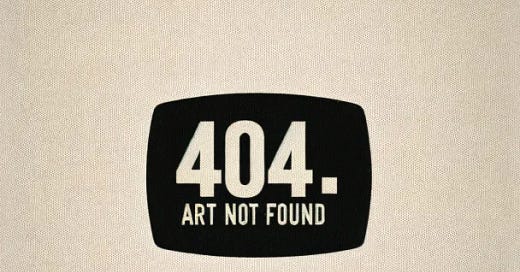I can see I’m going to have to clear up a few things for the uninitiated. The official title for this piece is ‘bookmark #746’ which means that yes there are #745 prior pieces to read in this ongoing series. But they are all self contained so no you don’t need to do 3 straight days of reading to get up to speed on this.
See, what we have here is a work that our man Deepansh- the last true blogger- has kindly let us republish. I highly, highly recommend you check out his website. His daily musings (a word that is overused but is 100% apt in this case) are the perfect accompaniment to your morning coffee. Hence the name of his site.
Enjoy,
TJB.
Edit: For some reason this piece went out 4 hours earlier than intended with only the first sentence of this intro in place. Weird I have no idea why this was the case. But anyway I hope that glitch doesn’t take anything away from your enjoyment of this wonderful work.
slept early last night for a change and woke up fairly early, too. rested in mind and body, but mind particularly, i sat to read a few poems, read some here and there, in subscriptions and magazines and picked up a few from a book of compilations among the many i own but have never fully covered.
as i wrapped this rare moment up, it occurred to me how there was a time i tried to understand poems, and i laughed over how wrong i was, how much i had missed all those years. poems are not to be understood but felt. but if you are so keen on understanding poems, it would be prudent to learn about the world you live in instead—for which you need to read more than just poetry.
to understand a poem is to catch a clever pun, a little wordplay, which is unnecessary in reading a poem. it is like the glass of wine you choose to accompany the opera or your dinner. sure, it adds something, but if you take it away, the experience will remain intact.
so, how does one read a poem if not for the attempt to understand it? it would compare to how one watches the sunset. i reckon no one looks at the gamut of hues and begins counting the different colours they see, and i have it on good authority that they would fail even if they tried.
when we look at the sunset, we look at not just the sky but everything under it. if you watch it from a hill in the mountains or one surrounding a cove, the soft light only makes everything pop better into the picture. you notice the sheep grazing in the distance if you are in the mountains, and if you were at the cove, you might see a solitary boat in the distance, and if not that, you might see a heron swoop in the water to catch a fish.
now, these trivial examples have nothing to do with the sun, but they are things you notice once you sit down and take a breath—when you forget physics and the scattering of light or the fact that there are time zones and how they prove to be problematic in the matters of love, or even the list of responsibilities you need to keep a list for.
all a sunset does, then, is that it makes you look.
a poem is pretty much the same.















Vita and I were talking about this earlier. Poetry shared a kinship with instrumental music, abstract art, experimental film and dance in evoking various responses without the necessities of formal storytelling in the representative arts such as lyrical music, figurative art, narrative film and musicals. If you try to read a poem the way you would a novel, you would fail.
I think of Archibald McLeish’s a poem should not mean, but be. It’s not a puzzle to be solved, or ‘translated’ or turned into something else that is not the poem, but an experience to be had. I think a good test of a poem that works for you like this is if you feel you want to return and experience it again, and again. Thanks.